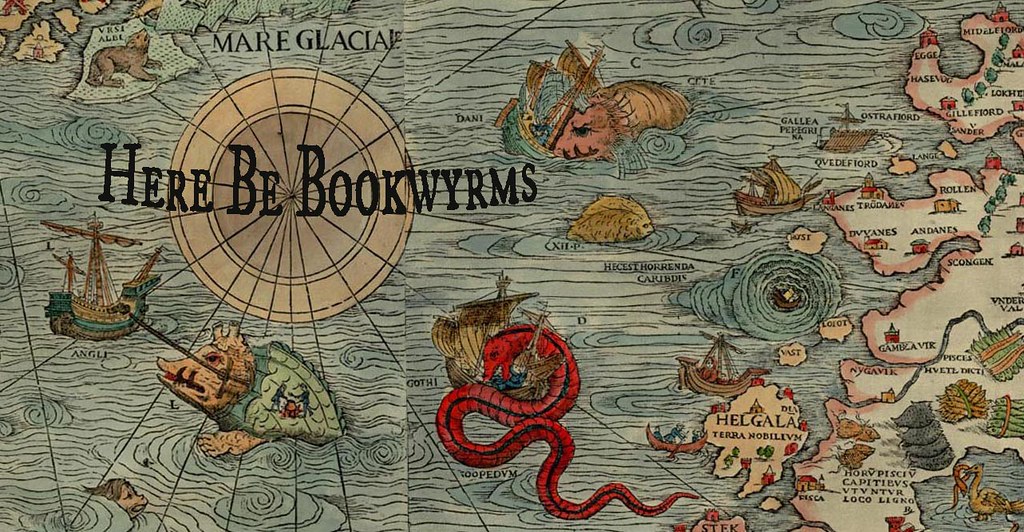Craving by Kristina Meister, the first in her Apocalyptic series, is a sort of urban fantasy detective novel with a heavy philosophical bent. Lilith Pierce flies from her home in California to make her estranged sister Eva's final arrangements after getting the call that Eva has committed suicide. When she goes back to the station the next day to collect Eva's body, however, it turns out the last few days were a vision --- they never actually happened. Eva once told Lilith that "everything means something," and with that in mind, she is convinced that there is more to her sister's death than meets the eye. With the help of her sister's shelves of handwritten journals and a soon-to-be-retired police detective, Lilith begins to investigate Eva's life, and with every step, she finds herself becoming more and more directly involved in the mysterious underworld Eva left behind.
------------------
Sorry for the crazy delay in getting this review up, everyone! School and things have been keeping me occupied and blogging got a little shunted to the side for a while, but I am back! This might be running a little more slowly for a while, but I hated being on my unexpected hiatus, and I hope to not be inactive for such a long time again.
Anyway, so I finished Craving quite a while ago, but sitting here and thinking about it to write this has brought the story and the character pretty easily to the front of my mind again. The philosophy/spiritualism is a little on the heavy side for some, I think, so it would certainly not be everyone's cup of tea; it wasn't preachy exactly, but if you're looking for more of a "mindless" read to just kick back and get through, I don't think I'd recommend this one.
That being said, I rather enjoyed Craving, in part because it ended up being very different from what I'd expected. Based on the sisters' names and on the title, I thought this would be a Judeo-Christian morals in disguise kind of thing - Eva and Lilith? Yeah. Not very subtle, or so I thought. But most of the philosophy in the book centers around Buddhism, which is something I honestly don't know too much about, so if anything is inaccurate, I wouldn't know. It all sounded very well-researched to me, so either way, it made for some fairly rich storytelling. The vampire element was interesting and because of the nature of the rest of the plot, Meister has given the reader an "unconventional" take on that niche that might be at least a little more palatable to vampire "purists" than the sparkling variety presented by Meyers in the Twilight saga.
Anyway, so I finished Craving quite a while ago, but sitting here and thinking about it to write this has brought the story and the character pretty easily to the front of my mind again. The philosophy/spiritualism is a little on the heavy side for some, I think, so it would certainly not be everyone's cup of tea; it wasn't preachy exactly, but if you're looking for more of a "mindless" read to just kick back and get through, I don't think I'd recommend this one.
That being said, I rather enjoyed Craving, in part because it ended up being very different from what I'd expected. Based on the sisters' names and on the title, I thought this would be a Judeo-Christian morals in disguise kind of thing - Eva and Lilith? Yeah. Not very subtle, or so I thought. But most of the philosophy in the book centers around Buddhism, which is something I honestly don't know too much about, so if anything is inaccurate, I wouldn't know. It all sounded very well-researched to me, so either way, it made for some fairly rich storytelling. The vampire element was interesting and because of the nature of the rest of the plot, Meister has given the reader an "unconventional" take on that niche that might be at least a little more palatable to vampire "purists" than the sparkling variety presented by Meyers in the Twilight saga.

